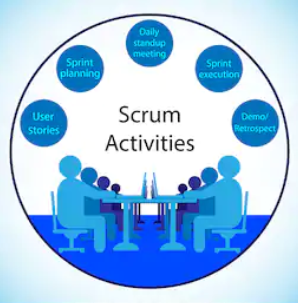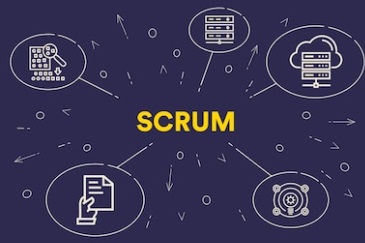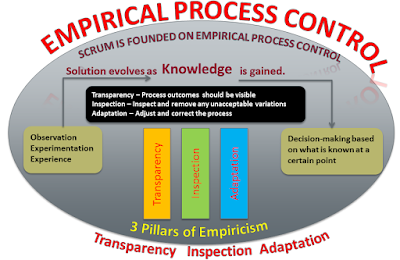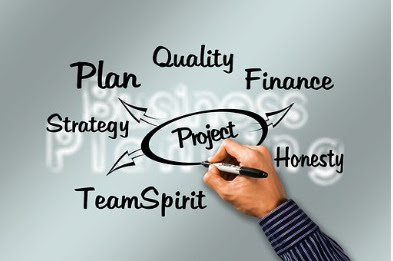Empirical Process
Control Requirements
·
You should be interested in dealing with
situations in a delicate, difficult or challenging environment and project
environment
·
You must be a scam master, a product owner, a
member of a development team or one or more related scream teams who will try
to improve your own performance.
·
You are interested to improve or practice
sharpness through continuous improvement in
Empirical Process Control
Description Empirical
Process Control
Join the most
advanced AGILE SCRUM case study courses!
In this study, you are continuously improving training as a
SkyM Master, Project Manager, Product Owner or Team Member, if not designed to
save dollars from thousands of dollars on lead scam case studies.
The unique reasons
for taking this course are:
1.
Complete, concise, short stories and overview of
the script's faith by using case studies - I cover the theory and give examples
of how the theory used in each case study.
2.
Trust in using the script - In a very simple
way, I want you to learn how to use each case study in the industry without
adjusting the fundamental principles of eleven scripts and class projects or
spending £ 1000 to improve your projects.
3.
Think of me asking questions and giving
thoughtful answers to each of you!
Includes Randal
Shefar's Statement
What is a Scrum?
Agile Scrum is also an easy way to manage and complete the
most complex projects, even in difficult situations. Based on my experience,
while maintaining high quality, this is the most popular way of distributing
projects from time to time.
Who should take this
course?
Whether you are Scrum
Master, Project Manager, Product Owner, or Team Member or just anyone who
asks the answer to the question, "How can I use Fit in difficult /
challenging situations", it is a class for you.
What will I learn?
In this category you
know:
Short Stories / Case Studies - Based on the experience and
research of the real industry, proper methods are needed to manage and improve
difficult situations to manage fire accelerators. Research in my experience and
research in the industry is used to provide as much narrow grading as possible
in Empirical Process Control.
Expert Knowledge - If I do not have thousands of dollars, I
have given a complete overview of how to engage with hundreds of difficulties
on the jobs and techniques used in the business workplace without facing hundreds
of free savings to save me in Scrum
Master Certification.
A brief overview of crisp scripts - Includes a way to use
the script framework to deliver projects to the industry.
The curriculum is a video based, which does not require
supporting documents.
How is the course
designed?
Each section has a case study / short story keeping in mind
the problem of scandal during daily stand-up, sprint planning, release
planning, sprint retrospective, kick back meeting, bug-backlog meeting and
more. Each case is a lesson taught at the end of the study so that you know how
to use it to improve your own team or business. Examples of best quality video
and audio examples include full examples. All are based on real world
experience.
Who is the Course for
·
Scrum Masters,
product owners, development teams, business owners, support teams, maintenance
teams, service and sales teams, development support teams
·
Anyone who wants a complete overview of the scar
is picked up by short stories and case studies and certainly by the facts
taught by a fire specialist.
·
There is a need for a clever script that is
preparing to work in a team. Want to know how to improve anyone who is skilled
with everyday stand-up, sprint planning, release planning, sprint pretest,
meeting, bug-backlog meeting,
Empirical
Process Control and more.
·
A candidate who repeatedly misunderstood inside
a crisp scam or an expert candidate who wants answers for short, fast refresher
demand on clever scrum practice
·
Someone who wants to manage a director or
difficult / challenging people to work in difficult situations
The
Agile Scrum Master Certification
has been compiled on empirical process control theory or empirical. Empirically
assert that knowledge comes from experience and makes decisions based on known
decisions. Scrum employs a repeatable, growing approach to optimize
optimization and optimize risk. Three columns support the implementation of
Empirical Process Control: Transparency, observation and adaptation.










